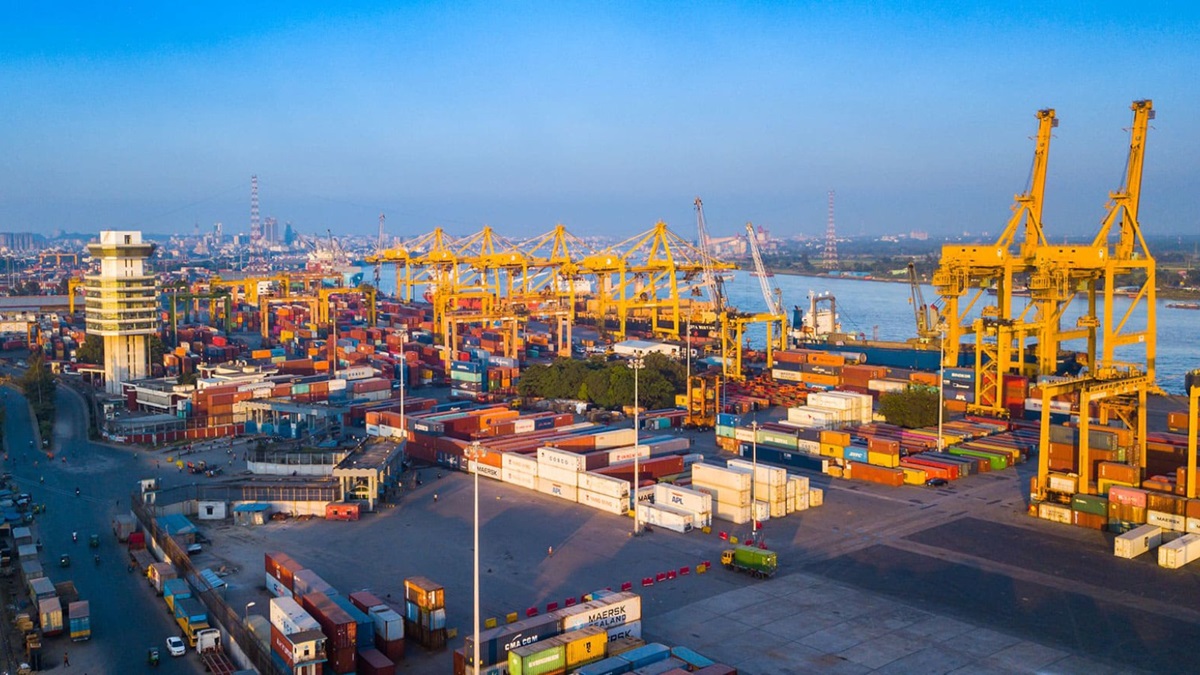Debate flares over leasing Chittagong port’s NCT to dubai-based DP world
BY Insider Desk
May 31, 2025

The interim government’s decision to lease the New Mooring Container Terminal (NCT) of Chittagong Port to Dubai’s DP World has triggered intense national debate, raising questions about sovereignty, economic strategy, and the limits of foreign involvement in Bangladesh’s critical infrastructure.
Supporters of the deal argue that the move will modernise logistics, attract foreign investment, and improve port efficiency. Critics, however, view the handover of such a vital asset—one that handles over 1.3 million TEUs and contributes more than Tk 10 billion in revenue annually—as a strategic misstep. The terminal’s proximity to a key naval base has only intensified national security concerns.
Chittagong Port, the lifeline of Bangladesh’s trade, has long suffered from inefficiencies. According to UNCTAD, vessel turnaround times here stretch to 3–4 days, while ports like Singapore and Colombo manage in less than 36 hours.
Cargo clearance can take 7–10 days, inflating export costs by 10–15% and undermining competitiveness. Addressing these inefficiencies is critical, but is leasing to a foreign operator the only—or best—solution?
Critics point out that the terminal is already outperforming its original capacity under local management. The problem, they argue, lies in systemic inefficiencies like outdated customs clearance, labour-management bottlenecks, and poor hinterland logistics, not necessarily terminal operations alone.
Allegedly structured as a government-to-government (G2G) deal, the DP World lease bypasses competitive bidding, mirroring a pattern seen under the previous government.
This has raised concerns about transparency, value-for-money, and accountability. Given its stated focus on reform and transitional governance, the interim administration’s adherence to such a model has drawn scrutiny.
Analysts say this approach reflects a broader neoliberal policy trend, where national assets are opened up to foreign management under pressure from global institutions like the IMF and World Bank. Observers warn that following this path without robust safeguards may lead to further external control over critical infrastructure, as already seen with the underperforming Saudi-managed Patenga Container Terminal (PCT).
The Red Sea Gateway Terminal (RSGT)’s takeover of the PCT was touted as a game-changer. Instead, it has struggled, processing only a fraction of its intended capacity—mainly due to delayed procurement of essential equipment.
The situation underlines that foreign management is no guarantee of operational success, especially if foundational issues—like equipment, policy support, and integrated planning—remain unaddressed.
Chittagong Port’s geographic limitations, including shallow draught and narrow channels, pose inherent operational challenges. Yet, meaningful improvements can still be achieved through targeted interventions: modernising customs, upgrading container handling systems, investing in skilled workforce development, and ensuring inter-agency coordination.
Tags:
Most Read

Electronic Health Records: Journey towards health 2.0

Making an investment-friendly Bangladesh

Bangladesh facing a strategic test

Understanding the model for success for economic zones

Bangladesh’s case for metallurgical expansion

How a quiet sector moves nations

A raw material heaven missing the export train

Automation can transform Bangladesh’s health sector

A call for a new age of AI and computing
You May Also Like
